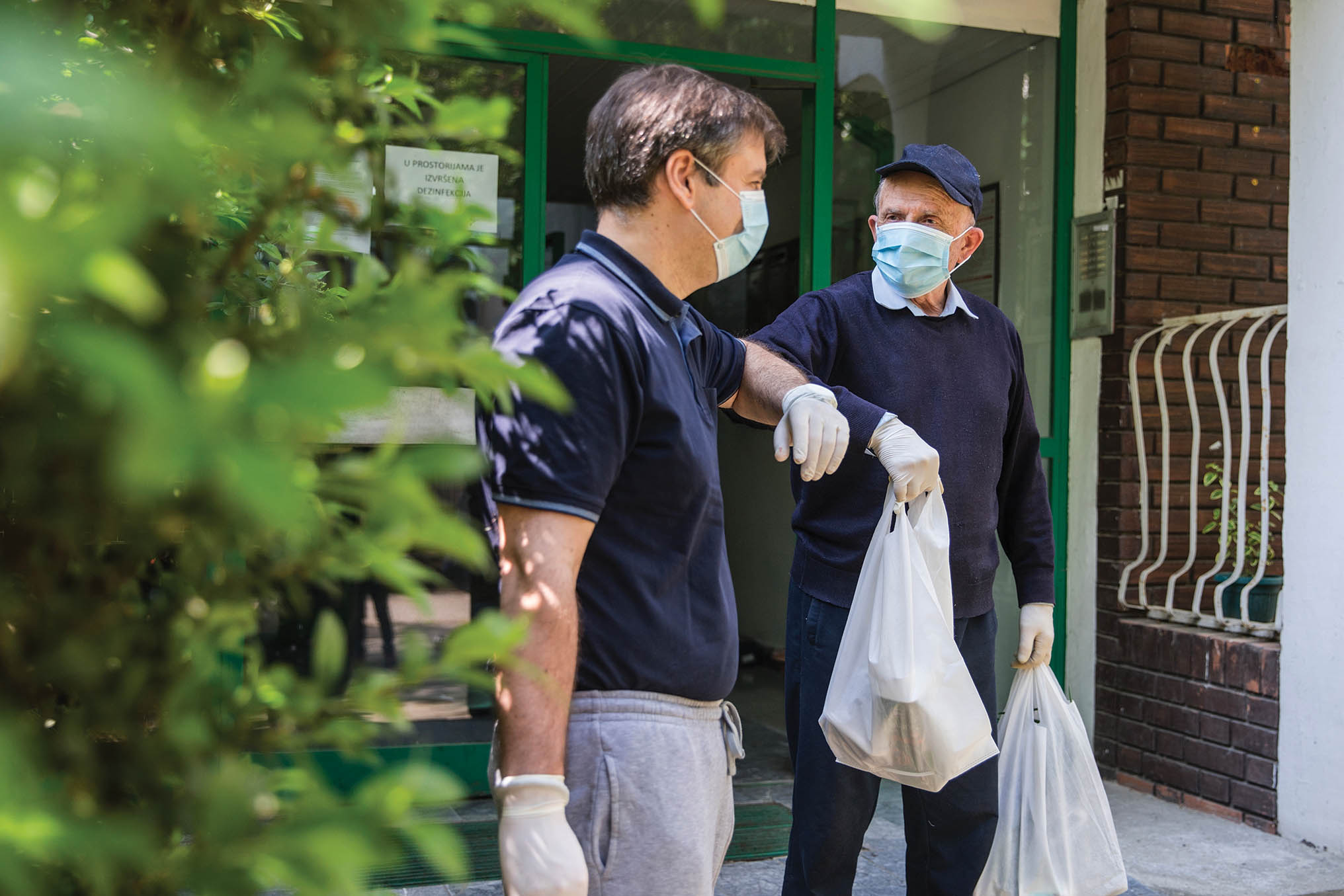
[iStock]
When this column was written, the world was still in lockdown, practising social distancing, self-isolation and quarantine. Who knows when social distancing can end, or whether we’ll be in and out of lockdown a number of times as the virus peaks and wanes and peaks again.
These measures are tough enough on those who are physically and mentally hale and healthy, but they can be even harder on vulnerable veterans and add to the pressures on their families and caregivers.
Isolation leads to loneliness, which can lead to major depression, which is implicated in the development of a host of health effects including increased risks of heart attack, insomnia, increased pain sensitivity, weakened immune system and suicidal thoughts and behaviour.
“No one stands on a roof and says, ‘I’m lonely,’” said psychiatrist
Alan Teo, lead researcher in a study on the effect of loneliness funded by the United States Veterans Affairs Department. “There’s a lot of stigma to acknowledge being lonely, as we see with veterans being reluctant to talk about having depression.”
One of the study’s findings is that loneliness can cause, and be the result of, depression. Either way, they become a cycle “each contributing to the other.” Here’s how you can help break that cycle:
During social distancing
Pick up the phone. Call just to say hello. Call because you met at some function and this is an excellent opportunity to get to know each other. Call to ask how their kids or parents are doing. Call to introduce yourself. Just call.
And if that call alerts you to the possibility the veteran or family is in financial or mental distress, pick up the phone again.
Call 911 if you think the veteran or family is in immediate danger. Otherwise, VAC Assistance Service is available to give veterans mental-health support around-the-clock. Call 1-800-268-7708 (TTD/TTY: 1-800-567-5803). The veteran does not have to be a VAC client to access these services.
The Royal Canadian Legion’s Veterans Services department continues to operate across Canada during the coronavirus crisis. You can find regional service offices at https://legion.ca/support-
for-veterans/contact-a-service-officer or National Headquarters service officers can help you find the help you need: toll-free
1-877-534-4666, 613-591-3335 or veteranservices@legion.ca.
You can help by being “virtually” sociable. You might not be able to share a bucket of popcorn but you can make arrangements to watch the same movie or TV series at the same time, then call to talk about it. You can also chat face-to-face using apps such as Skype or FaceTime.
Do you know a veteran in a seniors’ residence or long-term care? If possible—while following social-distancing guidelines—stand outside their window and give them a call so they can see your face while you talk on the phone. There’s nothing like seeing a friendly face or sharing a smile to lift the mood, not to mention that you cared enough to do this.
Support veterans groups
During this crisis, homeless veterans will continue to be homeless. Veterans will continue to live with PTSD and traumatic brain injury. They and their families will continue to need support sensitive to military culture. But the organizations they might usually look to for help are also in crisis.
With donations drying up due to job loss and a fundraising hiatus for months, veterans advocacy groups have taken a financial hit. Open your wallet to help these organizations survive and continue to serve veterans during the crisis. Open your wallet again once the masks come off, to help them get back on their feet. And open your heart to volunteering to help them out.
After the masks come off
Keep calling. It’s a habit that will help build and maintain a healthier community.
Advertisement


















